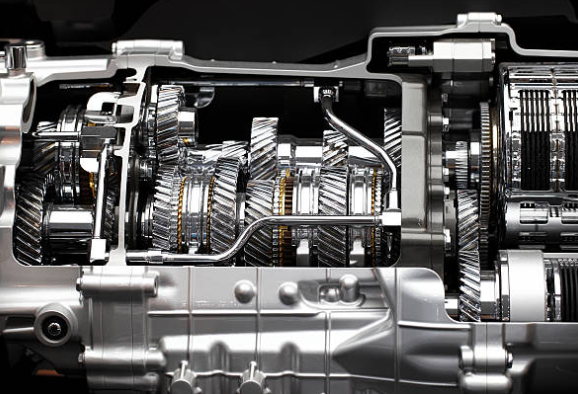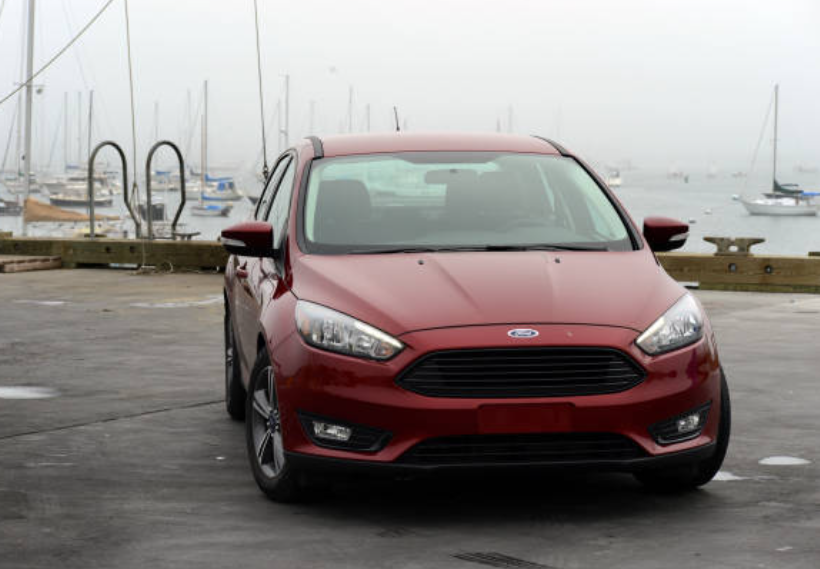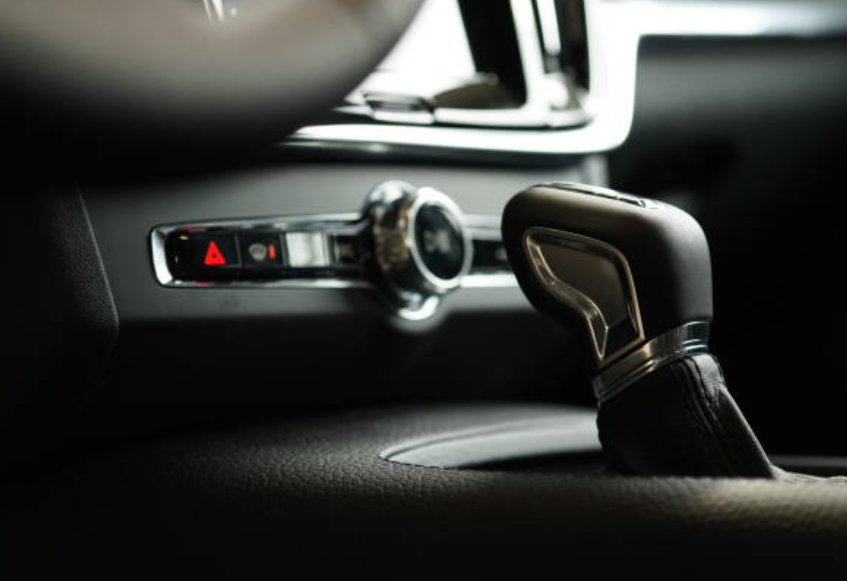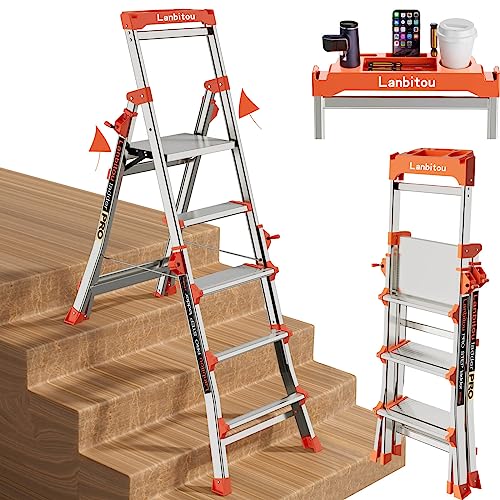Why Your Burble Tune Is Bad?
Burble tunes have become immensely popular in the car tuning community recently. These customizable pops and bangs are incorporated into vehicles through a relatively straightforward modification, altering the exhaust sound significantly.
But what's the mechanism behind burbles? Are they within the bounds of the law? And, crucially, do they pose any risks to your car and its engine? In this guide, we delve deeper into burble tunes to explore this trending car modification, along with our assessment of its safety or potential drawbacks.

What Is A Burble Tune On Your Car?
A "burble tune" is a modification to a car's engine control unit (ECU) programming, popular with performance vehicles. It adjusts fuel and ignition timing to create popping and crackling sounds from the exhaust during deceleration. While adding a sporty character, these sounds may also indicate unburned fuel, potentially impacting emissions and engine longevity. It's crucial to ensure such modifications comply with local regulations and are done by reputable professionals.

Burbles tunes generate a medley of pops, crackles, and bangs from the vehicle's tailpipe. They can be surprisingly noisy, particularly when paired with an enhanced exhaust system. What many overlook is that burble sounds are customizable, allowing drivers to dictate when and how loudly the pops occur. Crafting a programmable burble sequence requires some ECU expertise, but it's achievable with the right setup and adept computer skills.
Burbles function by modifying the engine's fuel and ignition timing through the engine control unit (ECU). During deceleration, the adjusted parameters cause unburned fuel to ignite in the exhaust system, creating the distinctive pops, crackles, and bangs. This modification is often accompanied by an upgraded exhaust system to enhance the sound further. Tuning burbles involves fine-tuning the ECU settings to control the timing and intensity of the exhaust pops, typically requiring specialized knowledge and equipment.

To achieve a burble tune, adjustments are made to the combustion timing sequence and fuel delivery, potentially harming engine and exhaust components:
- Increased exhaust temperatures: Unburned fuel igniting in the exhaust system can lead to higher temperatures, which may accelerate wear and deterioration of exhaust components over time.
- Potential for engine damage: Prolonged use of burble tunes may result in increased stress on engine components, particularly the exhaust valves and catalytic converter. This stress can lead to premature failure or a reduced lifespan for these parts.
- Emissions concerns: Unburned fuel entering the exhaust system can result in increased emissions, potentially causing your vehicle to fail emissions tests or violate environmental regulations.

- Voided warranties: Modifying your car's ECU or exhaust system to enable burble tunes may void certain warranties, leaving you responsible for any related repairs or maintenance costs.
Overall, while burble tunes can enhance the auditory experience of driving for some enthusiasts, they come with potential drawbacks and risks that should be carefully considered before implementation. It's essential to consult with professionals and ensure that any modifications made to your car comply with local regulations and manufacturer guidelines.
Although burble tuning itself isn't illegal, there are legal considerations to bear in mind before opting for this modification.
Firstly, be aware that the police can fine drivers for excessive noise. If the burble tunes are too loud, you risk a £50 fine and your car being taken off the road until the modification is adjusted or removed.
Additionally, burble tune alterations might lead to excessive smoke, flames, and emissions. This could result in an instant MOT failure and potential fines from the police if your vehicle emits hazardous levels of visible smoke.
1. Are burble tunes always harmful to my car?
While burble tunes can enhance the auditory experience of driving, they can potentially cause harm to your car if not properly implemented or if used excessively.
2. Can I make adjustments to my burble tune to mitigate potential damage?
Yes, tuning the burble sequence and ensuring proper engine maintenance can help reduce the risk of damage. However, it's essential to consult with professionals and follow manufacturer guidelines.
3. Will a burble tune void my car's warranty?
Modifying your car's ECU or exhaust system for burble tunes may void certain warranties. It's crucial to check with your manufacturer and understand the implications before making any modifications.
Burble tunes can enhance driving enjoyment, but they come with risks. Improper implementation or overuse can harm engine and exhaust components, lead to emissions violations, and void warranties. Approach burble tunes cautiously, ensuring compliance with regulations and professional installation to prioritize your vehicle's long-term health and performance.
Click on the following link to read another blog post: What To Do When Your Car Is Stolen?














